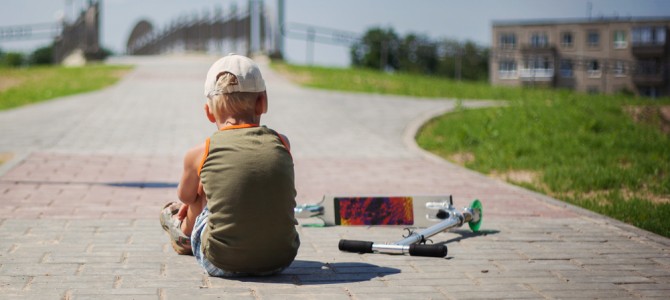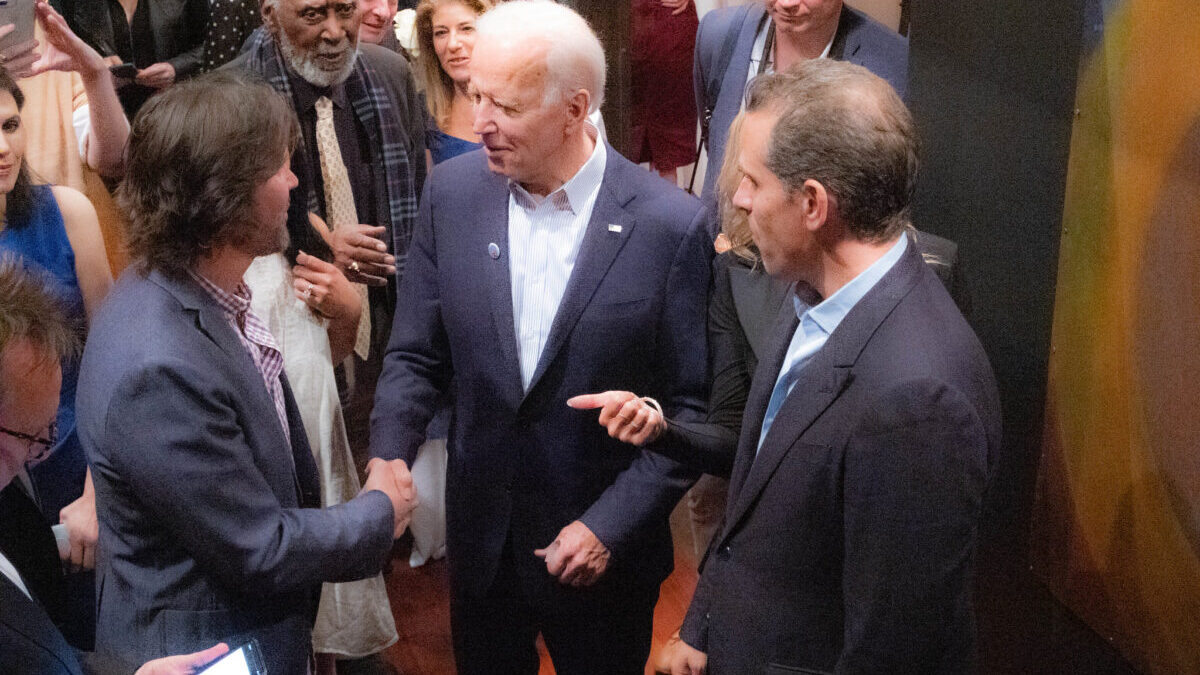
Hi, my name is Nicole, and I’ve left my four children in my (locked) car while I ran into the gas station to buy a soft drink. Also, CVS to pick up a prescription. Am I a bad mom? If my peers are any judge, I am. Law enforcement, too, regularly warns and even arrests parents for leaving children in a car unattended.
But according to new research, my peers and law enforcement are getting their undies in a wad over things that aren’t even all that risky. This is damaging for our kids, who need to learn independence, and increases an already-burdened parental load with undue anxiety.
Sanctimonious Parents Hurt Other Parents
Parents are great at a lot of things, including being sanctimonious. Whether it’s over food consumption (organic avocado!) or busy schedules, parents love to point out—or at least inwardly smirk at—how well they’re doing and others aren’t. Even though many major life risks for children have declined over the past 50 years, parents nowadays react with heightened moral outrage based on an exaggerated view of children’s risks, reveals a new study published recently in Collabra, a journal of the University of California Press.
Through six experiments, the study authors offered the 1,300 participants scenarios that all include a parent leaving a child unattended for varying periods of time and in different locations. The authors varied the reason the parent left the child unattended. Sometimes it was intentional, and sometimes it was so the parent could work or meet a lover. This aspect of the study blows the doors wide open on how illogical parents are when judging other parents.
NPR paraphrased well: “The more surprising result was that perceptions of risk followed precisely the same pattern…[P]articipants’ factual judgments of how much danger the child was in while the parent was away varied according to the extent of their moral outrage concerning the parent’s reason for leaving.”
The authors found “People don’t only think that leaving children alone is dangerous and therefore immoral. They also think it is immoral and therefore dangerous.” The authors of the surveys found even if parents were asked to specifically list the risks to the activity, especially when there were few, their moral outrage didn’t budge.
For example, eight times more children are killed in parking lots than in parked cars. But it’s not socially acceptable to leave a child in a parked car to make a quick run into the grocery store. So the parent chooses between doing something that’s actually more dangerous but acceptable (unloading and then reloading all the kids for a group grocery store trip) and less dangerous but will be seen as morally unacceptable (leaving the kids in the car).
Over-Parenting Hurts Kids
The idea that parents are often too overzealous when reacting to the way other people parent is not exactly new. Lenore Skenazy made headlines in 2008 when she let her nine-year-old ride the subway alone. She wrote about it in a New York Sun column and, after phone calls from police questioning her judgement, started the “Free Range Kids” movement complete with blog and book. The statistics are in her favor: Crime in general is lower than ever, violent crime against children is drastically down, and kids ages 2-14 are 26 times more likely to be killed in a car accident (as passengers) than killed by a stranger who abducted them.
Yet increasingly parents are fined, even arrested and jailed, for letting kids do what they did as kids, like walk to the park, ride their bike to a friend’s house, or go pick up a pizza down the street. In her book “No Child Left Alone,” Abby W. Schachter provides countless examples of parents who experienced just that. Nicole Gainey was arrested and charged with child neglect in 2014 after letting her seven-year-old, who had a cell phone with him, walk to a nearby park to play with friends.
As children age, this ultimately hurts them, perhaps even more than their parents, because they’re not allowed to spread their wings little by little. They must create their own grit out of thin air as soon as society allows it—perhaps in high school?—and hope it’s enough to carry them through their young adult years.
This is unfair to children, who learn best as we all do: step by step and through their own failures and successes. We are doing children and the society they inhabit a great disservice by constantly telling on their parents for letting them spread their wings here and there.
This Impossible Standard Increases Parents’ Burdens
One of the researchers, Barbara Sarnecka, points out something I’d never thought of previously. Assuming a parent is even capable of watching her child 24 hours a day, 365 days a year is nearly impossible for many Americans, especially the poor. In fact it’s a rather pretentious assumption, because it requires great amounts of time, money, and energy.
I’m a stay-at-home mother who works part-time from home, and I have four children. They outnumber me everywhere we go, and it’s often unfeasible or impractical to take everyone into a gas station to pay for gas or into the post office to drop off a package. I’m more efficient alone and they’re hardly unsafe, yet I could still get in trouble for this.
In an interview with NPR, Sarnecka states, “[The idea that you must watch your child every single second until they turn 18 is deeply classist. It’s not something you can even aim for unless you have a whole lot of money, and probably not a lot of children. For parents who are working, who have more than one child, who need to get something else done during the day — to say nothing of single parents — that model of parenting is absurd.”
She mentions Debra Harrell, who is also mentioned in Schachter’s book. Harrell let her nine-year-old play at a park while Harrell, a single mom, worked at a nearby McDonald’s. The daughter had a key to her home and a cell phone. When other parents learned the daughter was solo, they informed police, who arrested and jailed Harrell. “It is basically criminalizing poverty and single parenthood,” Barbara says.
We parents, and even law enforcement, need to look at these situations objectively, sans misplaced moral outrage, and ask ourselves before jumping to conclusions: Is the child in danger? Is this parent putting this child in actual danger? Moral outrage over situations that aren’t even unsafe is a waste of energy, hurtful to parents and their kids, and ultimately an obstacle to cultivating a responsible, self-reliant next generation.









